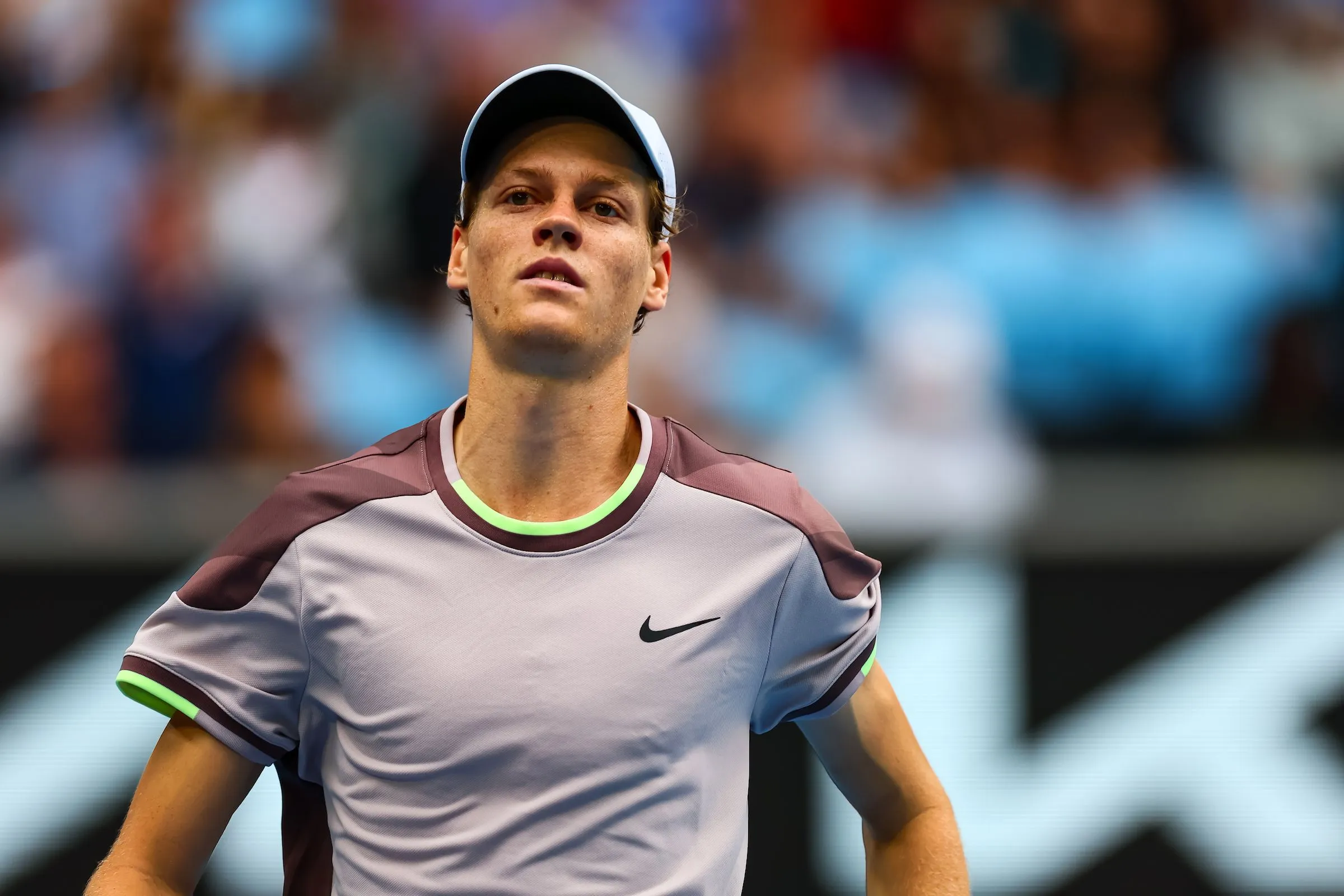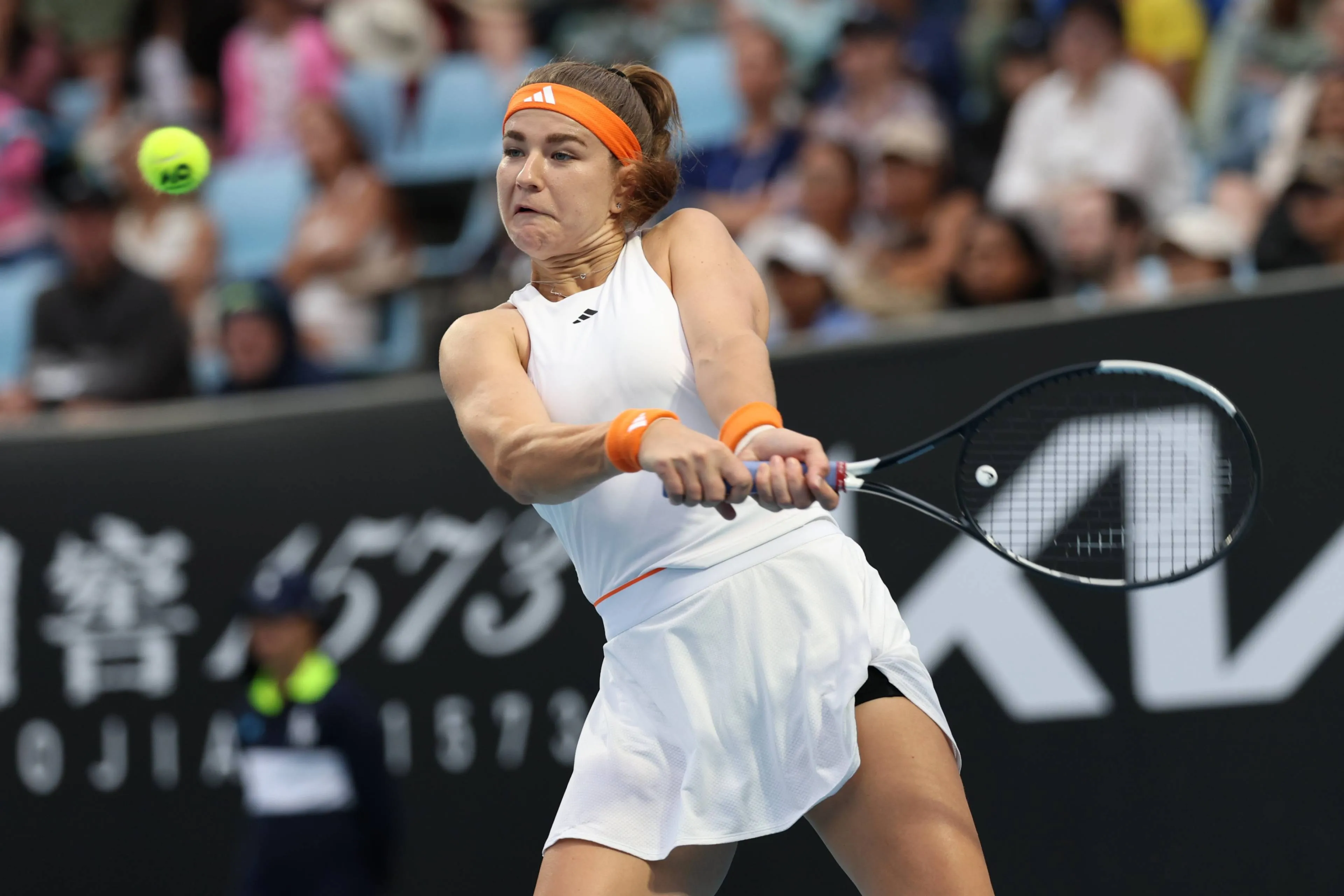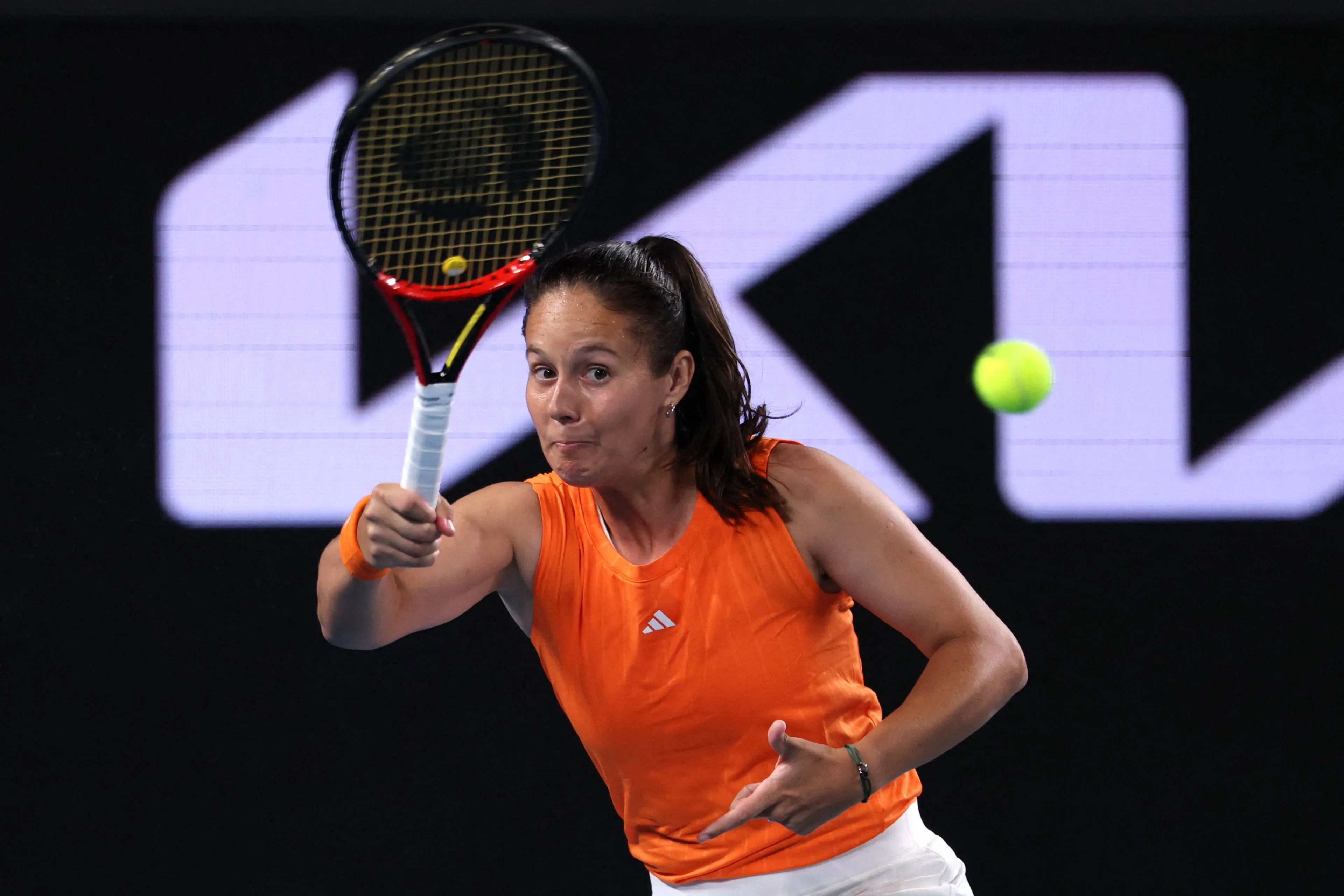Bouchard Admits She 'Didn't Feel Comfortable' Talking About Her Mental Health Issues In 2015
WTAMonday, 23 September 2024 at 03:00

Eugenie Bouchard's career has not reached the heights many expected after she burst onto the scene in 2014, and the Canadian opened up about the issues she experienced in 2015.
Over ten years have passed since Bouchard made her breakthrough. She announced herself as a force to be reckoned with by reaching the semifinals of the 2014 Australian Open as a 19-year-old.
She then progressed to the same stage of the French Open a few months later. However, Bouchard narrowly missed out on reaching the final in Paris after losing a close three-set battle against eventual champion Maria Sharapova.
Bouchard took the next step by storming to the final of the 2014 Wimbledon Championships. Petra Kvitova proved too strong in the final, denying her young opponent a maiden Grand Slam title.
However, many felt it was only a matter of time before Bouchard secured not just one but multiple major titles. The Canadian's progress until the 2014 season was incredible, leading to her being awarded the 2014 WTA Newcomer of the Season.
Unfortunately for Bouchard and her fans, 2015 did not pan out as many expected. She did not challenge at any of the Grand Slams and did not reach any finals during that year.
Bouchard has not rediscovered her 2014 level since. She has spent 2024 focusing on pickleball but has not retired from tennis yet, appearing in the qualifiers at this year's Canadian Open.
There is something many fans may not have been aware of in 2015: Bouchard was struggling with mental health issues after the newfound expectations placed on her shoulders after what she achieved in 2014.
The 30-year-old discussed that period in her appearance on Caroline Garcia's Tennis Insider Podcast, saying how differently mental health was spoken about in 2015 meant she did not feel comfortable talking about her struggles.
Read also
"After doing really well in 2014, 2015 for me was a really tough year. And, it's hard because, first of all, back in the day we didn't talk about mental health the way we do now. I didn't feel comfortable saying anything about it."
Bouchard remembers how even admitting to having a therapist was seen as a sign of weakness back in 2015. That led to her difficult time becoming even more severe than it would have been if she had felt able to speak out.
"Even admitting you had a therapist back in the day was like, 'Oh my god, you're like weak, or there's something wrong with you.' So, I went through a tough time, and I just couldn't talk about it. I made the finals of a Grand Slam, and everyone's like, 'Okay, that means you're going to win one next year.'"
It is brave of Bouchard to reflect on that period of her life. Speaking about her experiences with mental health and dealing with pressure could help others facing similar issues.
Hopefully, Bouchard will find success if she chooses to return to tennis full-time. She was a great personality on the WTA Tour and had one of the most watchable games in the sport in 2014.
Read also
Loading








